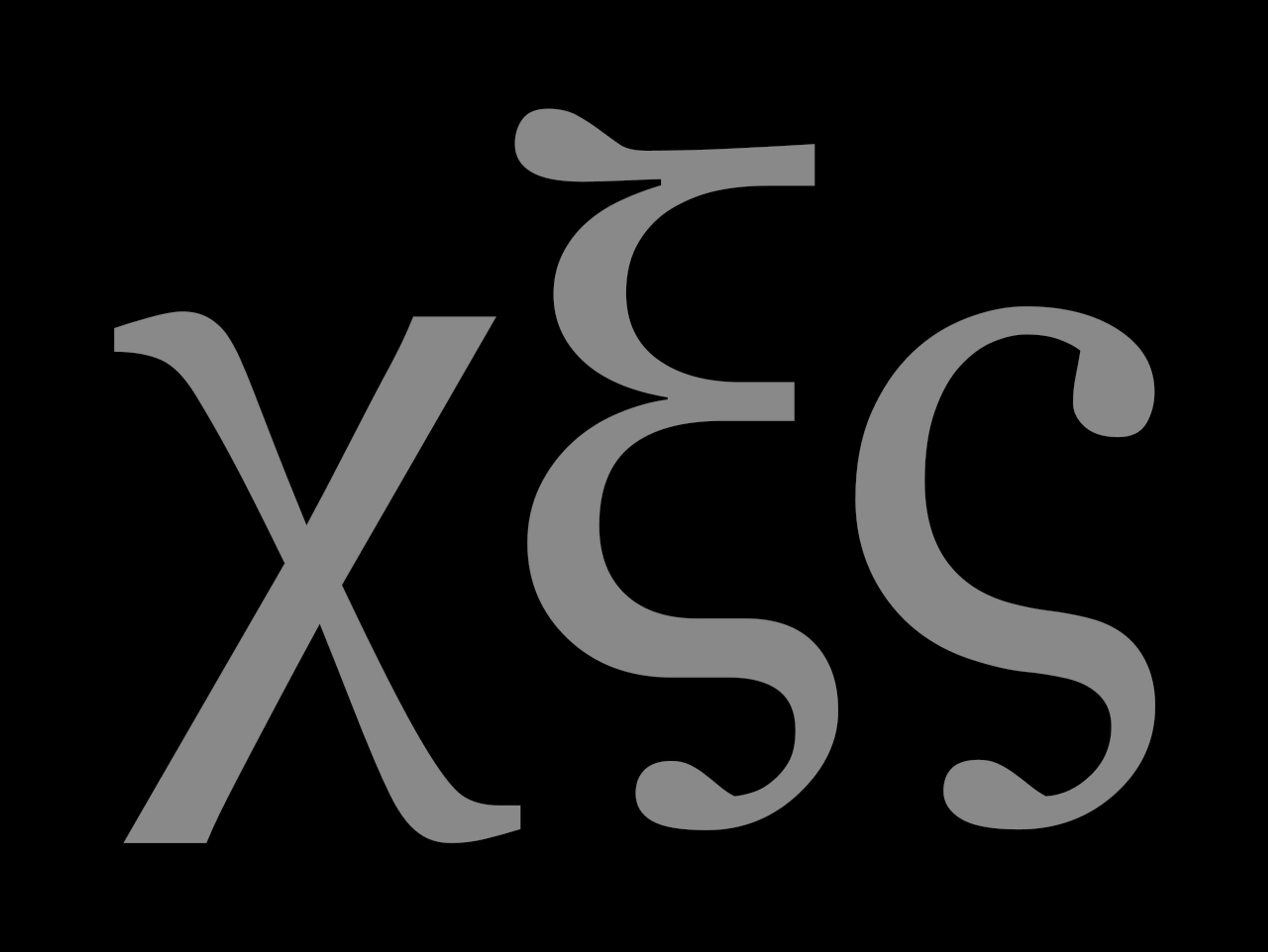Does God Speak to Us Through Dreams and Visions?
In the Bible, dreams are mental images or impressions that occur during sleep, while visions are often vivid and supernatural revelations experienced while awake or in a trance-like state. Both are mentioned frequently throughout Scripture as mediums through which God communicated His will. These forms of communication are deeply spiritual and purposeful. They are not random thoughts but divinely orchestrated encounters.
God is described as the One who gives dreams:
"For God speaketh once, yea twice, yet man perceiveth it not. In a dream, in a vision of the night..." (Job 33:14–15, KJV).
Throughout biblical history, both dreams and visions were used by God to guide His people.
Biblical Examples of God Speaking Through Dreams and Visions
The Bible offers numerous examples of individuals who received divine messages through dreams or visions:
-
Joseph (Old Testament): God gave him prophetic dreams (Genesis 37) and used him to interpret dreams in Egypt (Genesis 41), which ultimately saved many lives.
-
Pharaoh and Nebuchadnezzar: Both were pagan kings whom God chose to warn or instruct through dreams (Genesis 41; Daniel 2).
-
Daniel: A prophet who had visions and the divine ability to interpret them (Daniel 7).
-
Joseph (New Testament): The husband of Mary received multiple dreams warning him of Herod’s plans and guiding his steps (Matthew 1:20; 2:13, 19).
-
Peter, Paul, and John: All received visions in the New Testament that shaped the early church. The Book of Revelation itself is a series of visions shown to John.
These examples confirm that God did, at various times, use dreams and visions as legitimate means of communication with His people.
The Purpose of Dreams and Visions in Scripture
God used dreams and visions primarily for:
-
Revelation: To reveal divine truth or future events (Genesis 41, Daniel 7).
-
Direction: To guide people in decisions or movements (Acts 16:9).
-
Warning: To protect His people from danger (Matthew 2:12–13).
-
Confirmation: To affirm prophetic callings or messages (Acts 10:9–17).
-
Encouragement: To strengthen faith or give assurance (Genesis 28:10–17).
Dreams and visions served very specific spiritual roles and were never arbitrary. They carried authority when clearly from God and aligned with His Word.
Cessationism: Has God Stopped Speaking This Way?
Cessationism is the belief that certain supernatural gifts, such as prophecy, tongues, and revelatory visions, ceased after the apostolic age. Those who hold to this doctrine believe that the Bible is the final and sufficient revelation of God. According to this view, once Scripture was completed, no further dreams or visions are necessary for guidance.
Cessationists often cite 1 Corinthians 13:8–10 and Hebrews 1:1–2, where God is said to have spoken through His Son, and now through the written Word. They warn that dreams today may come from natural causes or even demonic deception, urging believers to rely solely on the Bible as the ultimate authority.
Continuationism: Does God Still Speak Through Dreams and Visions Today?
Continuationists, however, believe that the gifts of the Spirit, including revelatory dreams and visions, are still active today. They argue that since the Holy Spirit continues to work in the world, He may still use supernatural means to speak to believers, especially in places where the written Word is scarce or where the gospel is breaking new ground.
Joel’s prophecy is frequently cited:
“And it shall come to pass afterward, that I will pour out my spirit upon all flesh... your old men shall dream dreams, your young men shall see visions.” (Joel 2:28, KJV)
Peter quoted this verse at Pentecost (Acts 2:17), linking it to the ongoing work of the Spirit.
A Balanced Biblical Conclusion
While God clearly spoke through dreams and visions in the past, the Bible is now our final and complete authority for faith and practice. Whether one holds to cessationism or continuationism, all believers agree that any dream or vision must never contradict Scripture (Isaiah 8:20). God is not the author of confusion (1 Corinthians 14:33), and His truth never changes.
So, does God still speak through dreams today? Possibly, yes, but with caution. Not every dream is from God, and not every vision is divine. But indirectly, God can use any mean to reach to us with his message, not as an inspired word, but the same way biblical preaching like sermons, and bible studies do.
“Beloved, believe not every spirit, but try the spirits whether they are of God” (1 John 4:1, KJV).
Dreams may be used by God, especially in unreached areas or to encourage His servants, but they should never replace the Bible, the clear voice of God for all His people.






No comments yet. Be the first to share your thoughts!